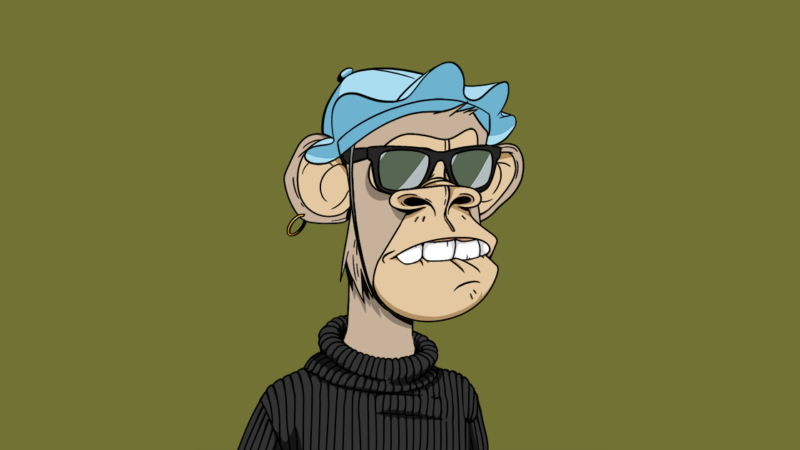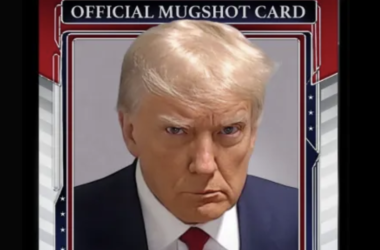Crypto winter put the NFT market into a deep freeze, causing sales and royalties to plummet. But the impact of Blur taking over the marketplace arena by doling out generous incentives and introducing a radically reduced royalty structure has made it even harder for other companies in the space.
That’s especially when it comes to top NFT studio Yuga Labs that was once valued at $4 billion. The creator of celebrated collections like Bored Ape Yacht Club and Mutant Ape Yacht Club announced last week that it’s laying off staff — and it may well be a consequence of drying up revenues.
As traders flocked to Blur amid NFT prices sinking across the board, Yuga Labs’ already declining royalty revenue fell off a cliff. It dropped to $2.5 million for the third quarter ending in September versus $8.7 million during the first quarter of this year.

“Blur’s calculated entry into the NFT space with a minimum 0.5% royalty fee, coupled with attractive airdrops and bidding incentives, struck a compelling economic chord with traders,” said Brad Kay, analyst at The Block Research. “By slashing transaction costs, it boosted trader profits and siphoned off significant user activity from higher-fee platforms like OpenSea, where Yuga Labs had previously thrived.”
“This shift led not only to a sharp contraction in Yuga Labs’ royalty income, but also to a fundamental reconfiguration of the NFT marketplace,” Kay added.
How did we get here?
For years, OpenSea handled the large majority of NFT trading, distributing a 2.5% royalty fee on every sale to the creator of the collection. Top-shelf collections could earn millions of dollars each month.
Then Blur both offered traders generous bonuses to use its platform instead of others — handing out tokens based on activity — and introduced a somewhat irresistible royalty fee of 0.5%. This was possible because creator royalties are very hard to enforce on-chain. This led to an initial backlash against the idea of lowering royalty payments, which ended in a race to the bottom as other marketplaces followed suit.

With the generous bonus tokens it offered traders and a bargain-rate royalty fee of 0.5%, Blur quickly overtook OpenSea late last year as the leading marketplace for NFTs on Ethereum. OpenSea attempted to upend Blur’s newfound market dominance by dropping its minimum fee to 0.5%, but the move has not triggered a reversal.
Yuga Labs has said in the future it won’t allow the trading of some of its newer NFTs on OpenSea, after the marketplace made paying creator fees optional. It has also blocked some trading on Blur.
Yuga Labs and Blur did not immediately respond to requests for comment.
Source: The Block





